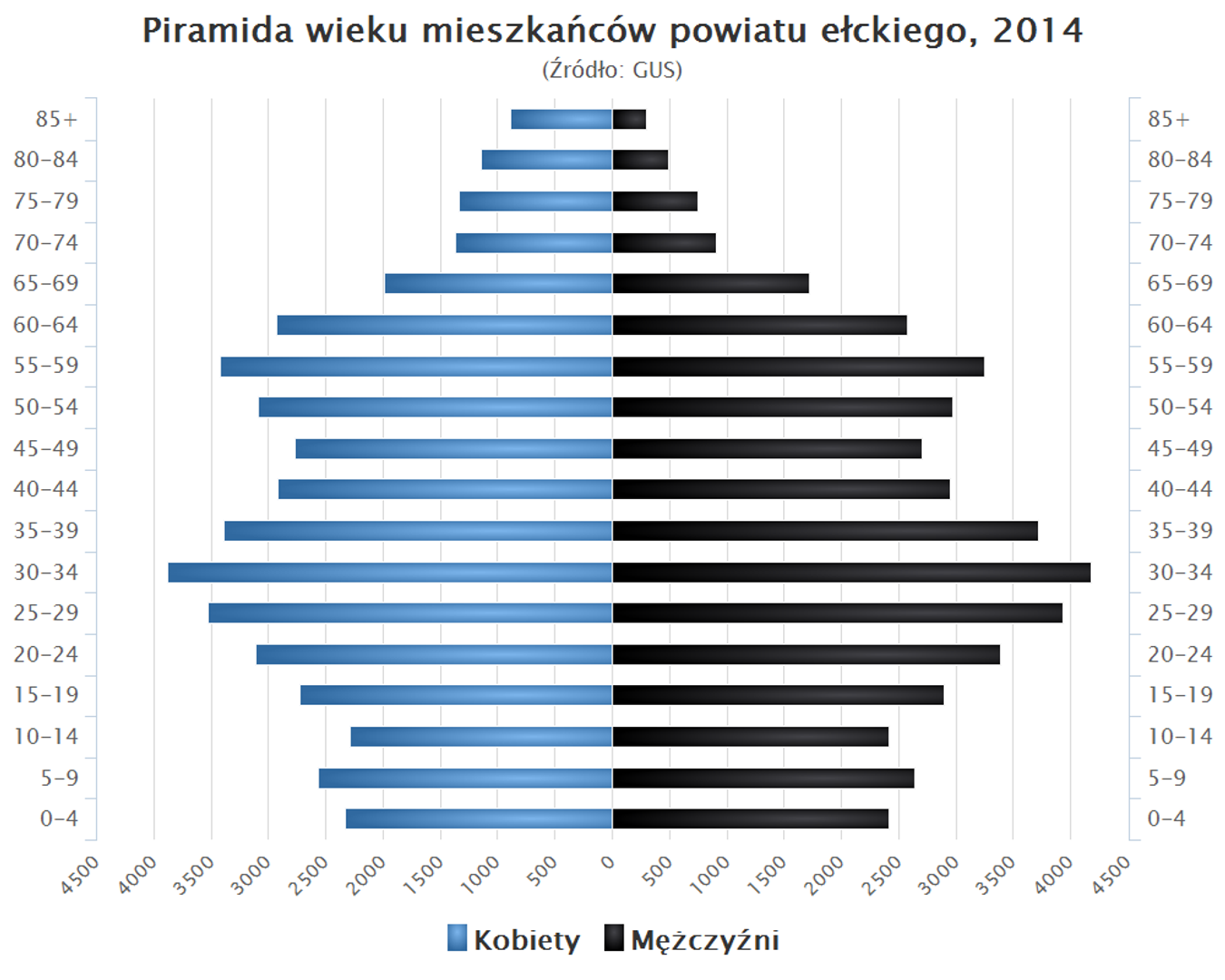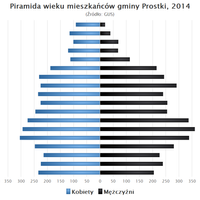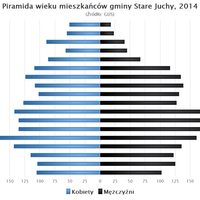Ełk County
7.37

Overview
Ełk County, established in 1999 within the Warmian-Masurian Voivodeship, has the city of Ełk as its seat. It consists of the urban municipality of Ełk and the rural municipalities of Ełk, Kalinowo, Prostki, and Stare Juchy. The county covers an area of 1,111.9 km² and, according to 2020 data, is inhabited by approximately 91,600 people. Ełk County has a rich history dating back to the times of the Yotvingian tribes, who dominated the region in the Middle Ages before being exterminated or displaced by the Teutonic Order. Remnants of their settlements and burial mounds can still be found in the area. Settlement in the region began at the turn of the 14th and 15th centuries, with the first villages being Ruska Wieś and Klusy. The climate is one of the coldest in Poland, with an average annual temperature of around 6.6°C. The landscape is characterized by frontal moraines and numerous lakes, with the highest point being Płowcza Góra (205 meters above sea level). The region is predominantly green, with forests covering a significant portion of the area, including remnants of the Yotvingian Primeval Forest. These forests are rich in diverse flora and fauna, with the Beaver Sanctuary (Ostoja Bobrów) being one of the notable nature reserves. Ełk County also boasts numerous cultural and historical sites that attract both tourists and locals. County administrators such as Janusz Nowakowski and Marek Chojnowski have contributed to the development of the region. Today, the county combines a rich cultural heritage with unique natural values, making it an interesting place both to live in and to explore.
Location
2026 Wizytor | All Rights Reserved






